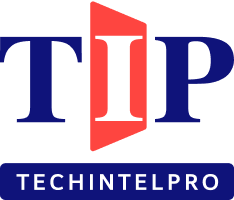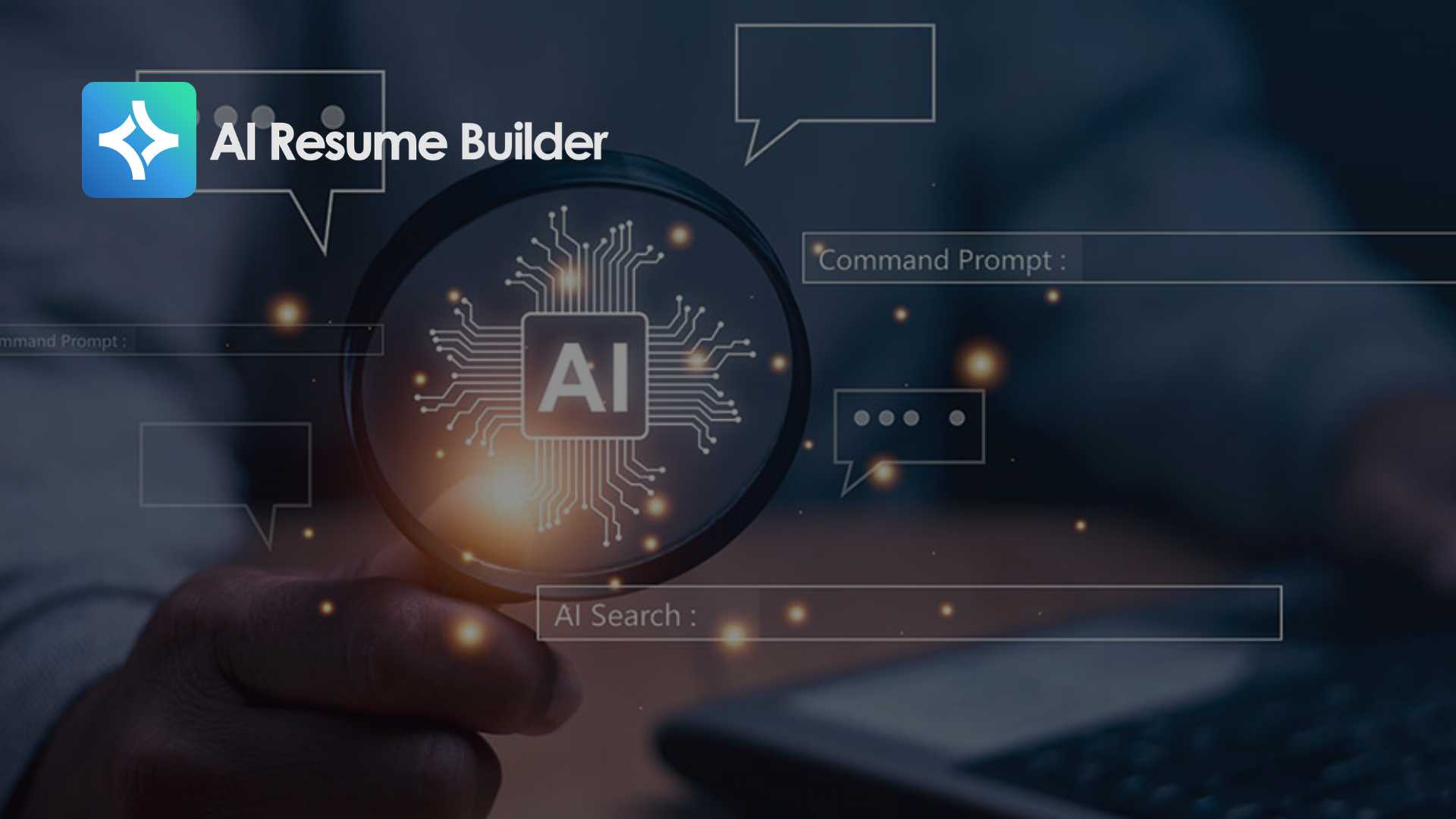


A survey conducted by AIResumeBuilder.com highlights escalating challenges for hiring managers amid the influx of AI-generated resumes, which often exaggerate candidate qualifications. Among 929 hiring managers polled, one in five reports receiving over half of applications from AI tools, leading to widespread frustration and operational adjustments in recruitment processes.
The survey underscores a dramatic increase in AI-assisted applications, with 73% of hiring managers observing higher volumes compared to prior years. Within 24 hours of job postings, 20% receive 51-100 submissions, 19% see 101-500, and 7% exceed 500. This surge has amplified mismatches between resume claims and actual competencies, prompting 61% of respondents to identify frequent overstatements in skills and experience. Such discrepancies not only waste time but also erode trust in the recruitment pipeline.
The fallout from AI-enhanced resumes is tangible: 62% of hiring managers have dismissed new hires upon discovering skill gaps, highlighting the risks of unchecked automation in job applications. Additionally, 49% encounter candidates unable to demonstrate professed abilities during interviews, further complicating talent evaluation. These issues have fueled innovative, albeit controversial, responses, including the consideration of pay-to-apply models by 20% of companies, with nearly 90% expressing willingness to implement them to deter low-effort submissions.
Hiring professionals rely on several indicators to detect AI involvement, including unnatural phrasing (66%), mismatched skills (63%), and overuse of buzzwords (62%). Despite these red flags, a majority (54%) support judicious AI application for refining achievements and incorporating keywords, recognizing its potential to aid authentic self-presentation. Only 9% advocate for a complete ban, indicating broad acceptance tempered by calls for transparency.
Career advisor Rachel Serwetz from AI Resume Builder advises incorporating a professional summary at the resume's top to convey an authentic narrative of background, strengths, and career goals, differentiating applicants in an AI-saturated market. She warns against pay-to-apply models, proposing alternatives like video submissions or skills assessments to gauge genuine interest without financial barriers. These strategies can foster fairer, more effective hiring while mitigating the downsides of AI proliferation.
The AIResumeBuilder.com survey signals a pivotal moment in recruitment, where AI tools amplify opportunities but also necessitate safeguards against misrepresentation. As hiring teams adapt to this landscape, balancing innovation with integrity will be essential to maintain equitable access to employment and sustain organizational trust.
